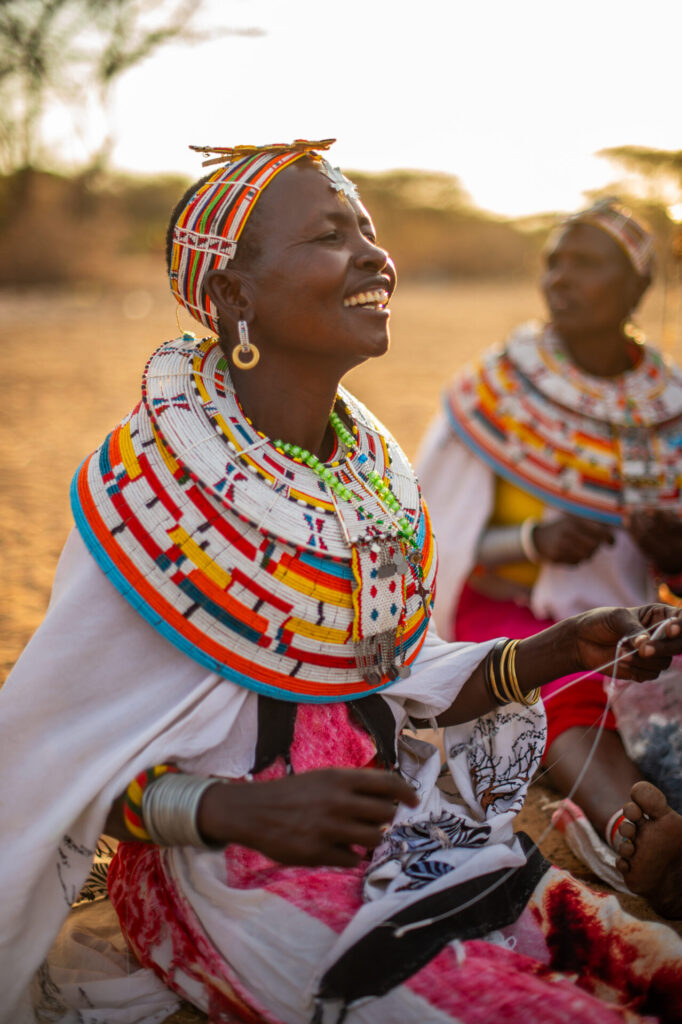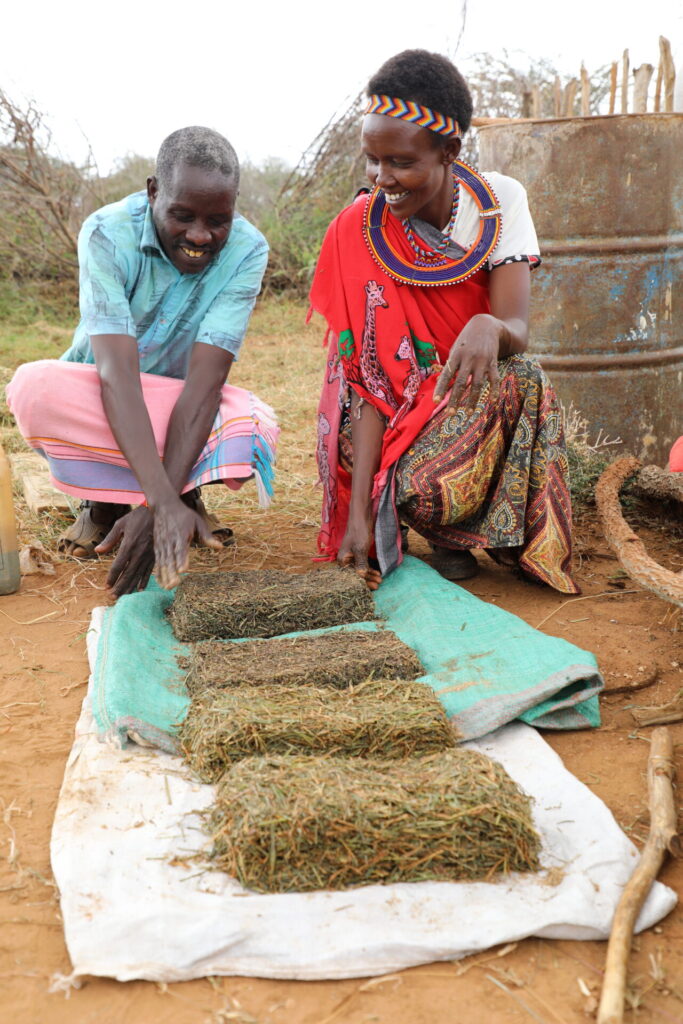Over 1,200 women participate in BeadWORKS, with 110 being star beaders
Star beaders’ rewards amounted to Ksh. 501,248 in 2024.
Ksh 827,148 generated in sales from the BeadWORKS B2C e-commerce website.
Ksh 10.6 million (2024) in income from the production of 75,626 items. Since 2016, the artisans have earned a total of Ksh 80 million.
Ksh 1.8 million in contributions to conservation fees for community conservancies, with Ksh 13.37 million contributed since 2016.
Ksh 36.2 million (2024) in product sales, raising its total revenue since 2016 to Ksh 267.45 million.


